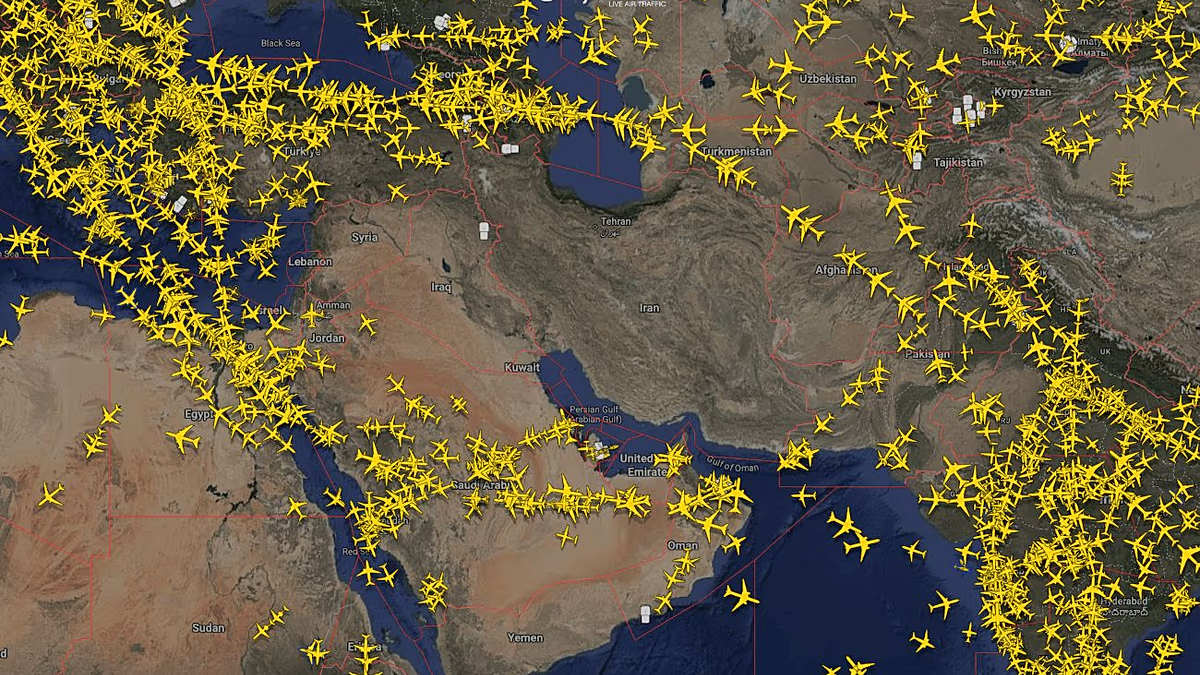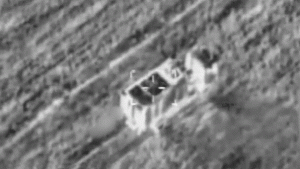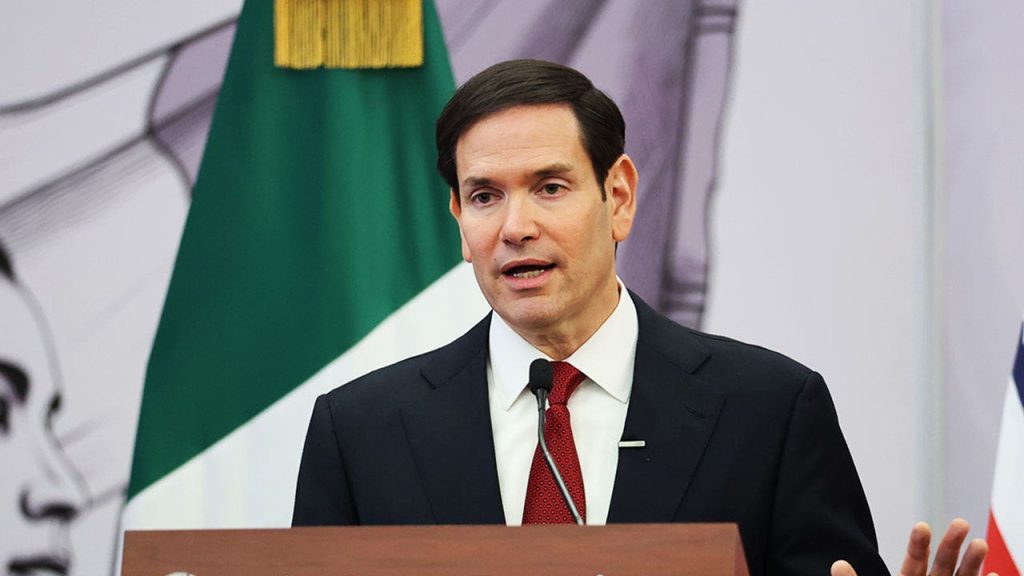Rubio Defends Trump’s Strike on Cartel Vessel, Signals New Era in Counter-Narcotics Strategy
In a significant policy shift, Secretary of State Marco Rubio stood firmly behind President Donald Trump’s decision to strike a drug cartel vessel off Venezuela’s coast. Speaking to reporters from Mexico on Wednesday, Rubio characterized the operation as the beginning of a more aggressive approach to combating what he termed “narco-terrorism.” The military strike, which reportedly killed 11 members of the Tren de Aragua gang, represents a dramatic departure from the traditional U.S. strategy of seizing vessels and apprehending suspects. “We’re not going to sit back anymore and watch these people sail up and down the Caribbean like a cruise,” Rubio declared, signaling that the era of restraint in dealing with international drug cartels has come to an end under the Trump administration’s new approach.
The Secretary’s comments came in the wake of Tuesday’s Marine strike targeting a vessel in the southern Caribbean Sea allegedly transporting members of Tren de Aragua, a group designated as a terrorist organization earlier this year. Rubio emphasized the severity of the threat posed by such organizations, dismissing any notion that these were casual criminals. “These are not stockbrokers. These are not real estate agents who, on the side, deal a few drugs,” he explained with pointed clarity. “These are organized, corporate, structured organizations who specialize in the trafficking of deadly drugs into the United States of America. They pose an immediate threat to the United States. Period.” His words reflected the administration’s view that these cartels represent a direct national security concern rather than merely a law enforcement challenge.
The new approach marks a significant evolution in counter-narcotics strategy, with Rubio offering a blunt assessment of why previous methods had proven ineffective. The traditional “seize and apprehend” policy, he argued, had become something cartels simply factored into their business model. “These drug cartels, what they do is they know they’re going to lose 2% of their cargo — they bake it into their economics,” Rubio explained. The solution, in his view, requires a more decisive approach: “What will stop them is when you blow them up, when you get rid of them.” This stark language underscores the administration’s determination to raise the stakes for cartels operating in the region, making clear that the financial calculations that have long guided their operations may no longer apply.
Beyond the immediate threat of drug trafficking, Rubio raised growing concerns about the increasingly sophisticated weaponry at these cartels’ disposal. “We are increasingly concerned that these cartels are now in possession, not just of landmines and grenades. We’re now seeing the deployment of drone technology by narco-terrorist groups operating out of Venezuelan territory,” he warned. This technological evolution presents new challenges, with Rubio noting that such capabilities are already being used to threaten security forces in neighboring countries like Colombia. The Secretary’s comments paint a picture of criminal organizations evolving into more militarized entities capable of challenging state authority throughout the region, further justifying, in the administration’s view, the shift toward more direct military responses.
The strike occurs against a backdrop of heightened tensions with Venezuela, whose leader Nicolás Maduro has accused the United States of seeking “regime change through military threat” amid an increased American naval presence in the Caribbean. While Rubio’s remarks focused primarily on counter-narcotics efforts, the geographical context of the strike inevitably raises questions about broader geopolitical implications. The Secretary’s comments, however, remained focused on the cartel threat rather than engaging with Maduro’s accusations, suggesting the administration is attempting to frame this action strictly within the context of combating transnational criminal organizations rather than as part of any broader Venezuela policy.
Looking forward, Rubio made it abundantly clear that Tuesday’s strike was not an isolated incident but rather the beginning of a sustained campaign. “It’ll happen again. Maybe it’s happening right now, I don’t know,” he stated matter-of-factly. “But the point is the president of the United States is going to wage war on narco-terrorist organizations.” This unambiguous declaration suggests the Trump administration has made a strategic decision to fundamentally alter its approach to international drug trafficking networks, embracing a more militarized strategy that treats these organizations as national security threats warranting direct military response rather than primarily as law enforcement challenges. As this policy unfolds, it will likely raise important questions about international law, sovereignty, and the appropriate boundaries of military action in countering transnational criminal organizations.















